"The catastrophe that struck America’s financial system in 2008 was not inevitable. Rather than a failure of markets, it was a failure by government to understand its proper role in markets — and the product of an unwise (and unnecessary) abandonment of a sensible system of rules and boundaries that had served American finance well for six decades.
Beginning in the 1980s, and continuing over the quarter-century that followed, Washington afforded the world of big finance a terrible luxury: freedom from the fear of failure. Managers and lenders at financial companies came to understand that the larger and more complex their firms got, the more immunity from market discipline they would enjoy — since they could depend on government guarantees when necessary to protect the broader economy from their mistakes. The government thus countenanced and subsidized an untenable financial system. And it inevitably got more of what it paid for: reckless risk building up to disaster.
The errors laid bare by the financial crisis clearly call for regulatory reform. But in designing that reform, we should avoid the temptation to seek heavy-handed new approaches — and should instead look to the long-term success of the system of rules whose decay brought about the crisis."
Nicole Gelinas, Too Big Not to Fail
WB7: This is required reading.
Subscribe to:
Post Comments (Atom)














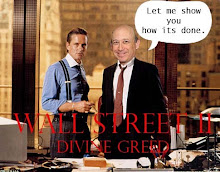



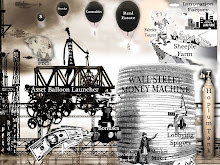
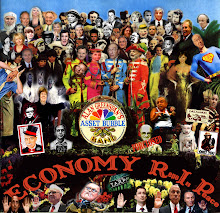









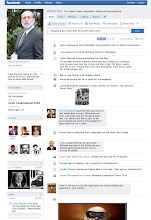

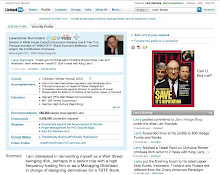




.jpg)












No comments:
Post a Comment